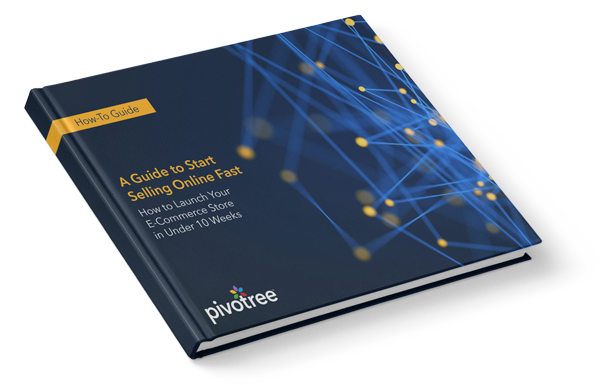Omnichannel eCommerce Services for Wholesale Distributors
Changing distribution channels are forcing wholesale distributors to evolve their business models. Empowered B2B customers are armed with more information than ever before, shopping on price, product selection and service comparison. They’re less likely than ever to stay loyal to a distributor for subsequent purchases and demand an online shopping experience that mimics the B2C-style experience they’ve become accustomed to.
Compound this with increased competition from manufacturers selling direct, and online marketplaces like Amazon, distributors must modernize their approach by offering connected, contextual customer experiences that exceed their buyers’ expectations.
In addition, you must be able to show compelling ROI to your executive team and benefits to your sales team in order to win their buy-in and make your digital transformation a success.
B2BECNews, Key findings from the 2019 US B2B ecommerce market report
Digital Wholesale Distribution Excellence by Pivotree
The connected distributor
Uncovering new revenue streams
Cater to your buyers—wherever, whenever
Product Information Management (PIM) for omnichannel customer experience management
PIM helps a company create and maintain one record of a product in a database, so it’s always up-to-date to be shared and published to all media channels. When product data is in different formats, incomplete, or inaccurate, graduating to an omnichannel commerce platform is impossible. PIM ensures your salespeople and end customers have the ability to view your product information in an up-to-date and understandable format – and can be easily and quickly updated through all channels.
Integrations & extensions for wholesale distributors
Our extensive experience integrating with ERP, CRM and OMS systems completes the omnichannel circle by letting you connect to the backend user data you already have. Hundreds of integrations to third-party services including payment gateways, email service providers, loyalty programs, fraud detection services, social media and more mean manufacturers truly achieve omnichannel success.
Get up and running quickly with Pivotree Accelerators
When you need to move fast, our quick start accelerators help you hit the ground running. We deliver an affordable, cutting-edge commerce solution that combines the highest-impact features of an enterprise-grade eCommerce system into a compact offering that packs a punch.
Research from Forrester indicates that companies who offer an omnichannel experience with targeted cross-sell and upsell opportunities benefit from higher average order values and more repeat purchases.

Sufi Khan Sulaiman
Director of eCommerce and Digital
Astute Technology and Infrastructure Choices for Multiple Needs, Situations and Budgets






A Guide to Start Selling Online Fast: How to Launch Your eCommerce Store in Under 10 Weeks
In this e-book, Pivotree provides a how-to guide for launching an eCommerce store – in 10 weeks or less – to meet the requirements of a pandemic-shaped world.
